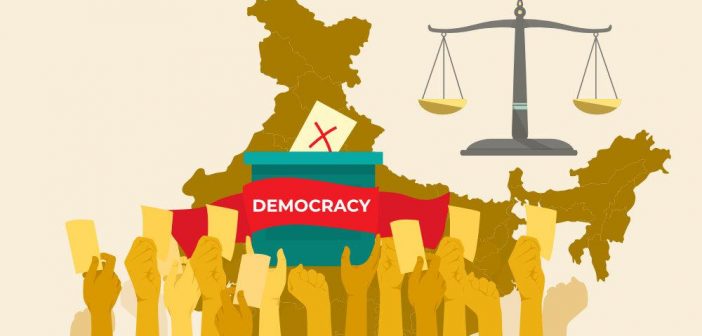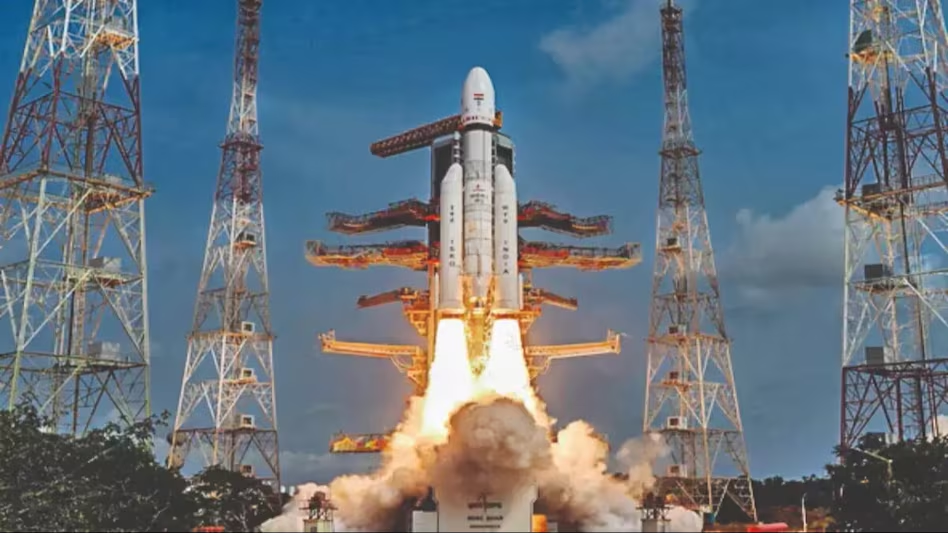India’s march towards its 2024 general elections is a monumental exercise in democracy, engaging an electorate that numbers in the hundreds of millions. The forthcoming elections are not just a testament to the nation’s commitment to democratic principles but also a moment of introspection on the challenges and opportunities that lie ahead. The essence of democracy lies in the diversity of its participants, and India, with its rich tapestry of cultures, languages, and beliefs, exemplifies this principle in abundance. Yet, the very diversity that strengthens the fabric of India’s democracy can also, in moments of tension, become a wedge driven by those seeking to manipulate outcomes to their advantage.
In the realm of global and national politics, information warfare has emerged as a tool used by both state and non-state actors to influence electoral outcomes, sow discord, and undermine the integrity of democratic institutions. Phishing and disinformation campaigns have become increasingly sophisticated, leveraging the power of generative AI to create convincing forgeries and spread false narratives. Such tactics are not only aimed at deceiving the electorate but also at eroding trust in the electoral process itself. The repercussions of these actions are profound, threatening to dilute the collective will of the people and replace it with manufactured consent.
The cybersecurity landscape surrounding elections is complex, marked by an array of threats that include, but are not limited to, phishing, data breaches, and the manipulation of electronic voting systems. The challenge is further compounded by the decentralized nature of India’s electoral infrastructure, which spans across thousands of jurisdictions, each with its unique vulnerabilities. The sophistication of cyber threats necessitates a response that is equally nuanced, combining technological solutions with increased public awareness and vigilance.
Against this backdrop, the unity and solidarity of the Indian electorate emerge as critical bulwarks in the defense of democracy. Unity does not imply the erasure of differences or the suppression of diverse voices. Rather, it calls for a collective commitment to safeguarding the democratic process, recognizing that the strength of a democracy lies in its ability to reflect the will of its people, in all their diversity. It is a call for vigilance against forces that would seek to divide or mislead, for an informed and engaged citizenry that can discern truth from falsehood, and for a collective effort to ensure that every vote is cast freely and counted accurately.
The call to action, therefore, extends beyond the corridors of power and into the heart of the electorate. It is a call for individual responsibility in the consumption and sharing of information, for active participation in the electoral process, and for solidarity in the face of attempts to undermine the democratic fabric of the nation. The 2024 general elections present an opportunity for India to reaffirm its commitment to democracy, to demonstrate the resilience of its institutions, and to showcase the unity and strength of its people.
As India prepares to vote, the imperative for unity and solidarity cannot be overstated. It is a call to stand together, to put aside differences in the face of external threats, and to affirm the collective will of the people. In doing so, India will not only navigate the challenges of the present but also lay the foundation for a stronger, more resilient democracy in the years to come. The stakes are high, and the responsibility lies with each citizen to contribute to a future where democracy, in its truest form, flourishes.






